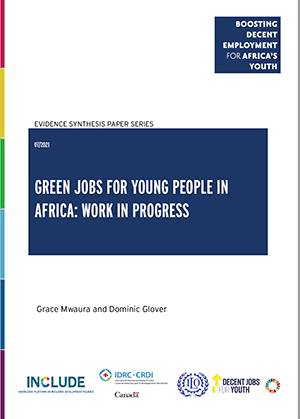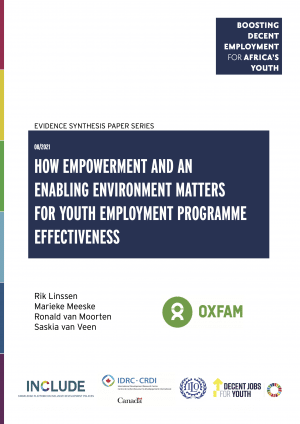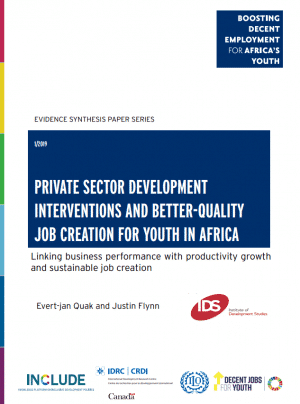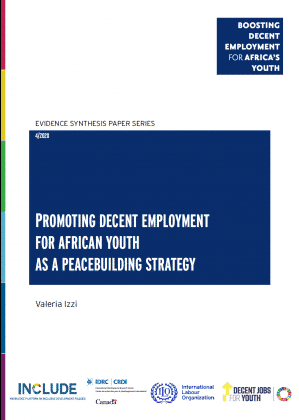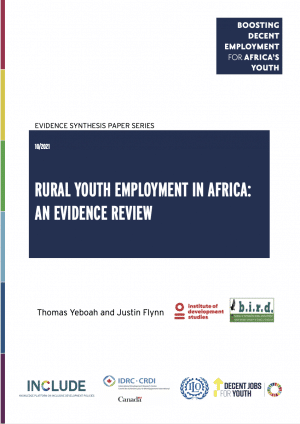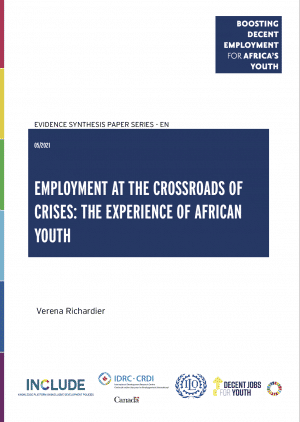
The coronavirus crisis began to reach global dimensions at the start of 2020. Health, but also economic and social crises affect countries with varying intensity, depending on their situation and prior vulnerabilities. The interweaving of long crises combined with various tensions (such as environmental, political, economic) and the consequences of the pandemic has important consequences for all workers. This is particularly true for young people in Africa, where youths are generally in a more difficult position than the elders, facing more uncertain prospects for finding decent work. Young people, especially young women, are particularly sensitive to crises and even more so when they are poorly qualified and live in rural areas where infrastructure is scarce. Some crises, such as economic, environmental and conflict-related crises, are structural and can sometimes last for decades. This forces young people to adapt and develop survival strategies which often turn out to be risky or even dangerous.
This paper reports on the impact of crises on youth employment in Africa, taking into account different types of crises and analyzing their structural context and offering recommendations on how policies should be tailored to the specific needs of groups whose employment is most affected.
